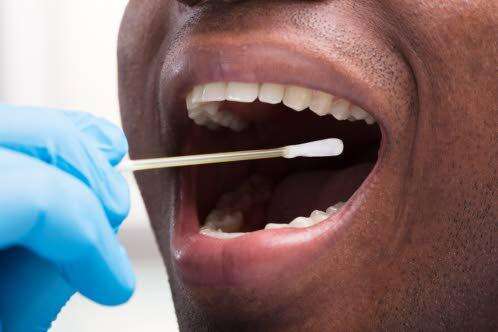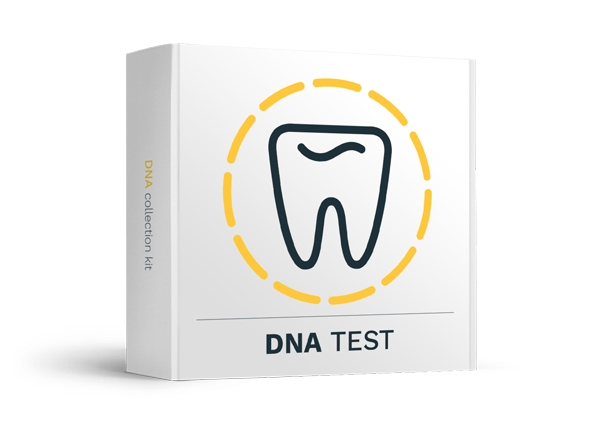

Building Smiles Dental Clinic recommends the use of DNA testing for routine dental check-ups, management of gum disease and dental implants. The DNA test can help target effective treatment for patients with identified gum problems.
As the leading cause of tooth loss in adults, periodontal disease requires targeted and effective treatment to halt the progression of disease and preserve oral health. Periodontal disease (gum disease) is a bacterial infection that causes damage to the gums, and loss of bone surrounding and providing support for the teeth.
Gum disease begins with no symptoms or pain, and progresses over time, destroying more and more tissue. Gum tissue recedes and becomes swollen and reddened. Periodontal disease causes loose teeth in adults.
Gum disease treatment becomes more difficult as the disease becomes more advanced. For this reason, early detection of the presence of destructive bacteria is extremely important.


Periodontal health has been linked to overall general health status. In recent years, medical research has confirmed a link between periodontal disease, and systemic conditions such as heart disease, diabetes, and stroke.
If periodontal disease is directly linked to these serious health conditions, then it makes sense to use a tool that can help identify one's genetic susceptibility to periodontal disease, and tests for the presence of destructive bacteria in one's mouth.
There are simple, painless methods that measure the presence of specific destructive bacteria in one's mouth such as a DNA test. The test provides a method of early detection of gum disease that allows for intervention, even before symptoms occur.
The DNA test can help target effective treatment for patients with identified gum problems. Other similar tests determine one's genetic predisposition to developing serious gum infection, such as inflammatory periodontal disease. Patients should make these tests part of the routine dental check-up.
The tests have been useful in monitoring and managing some dental treatments, especially dental implants. Monitoring periodontal disease-causing bacteria around dental implants is an important step for dental implant treatment success.
The failure rate for dental implants is low; however, periodontal infection is a common cause of dental implant failure. Hence, Building Smiles Dental Clinic recommends the use of DNA testing for routine dental check-ups, management of gum disease and dental implants.
